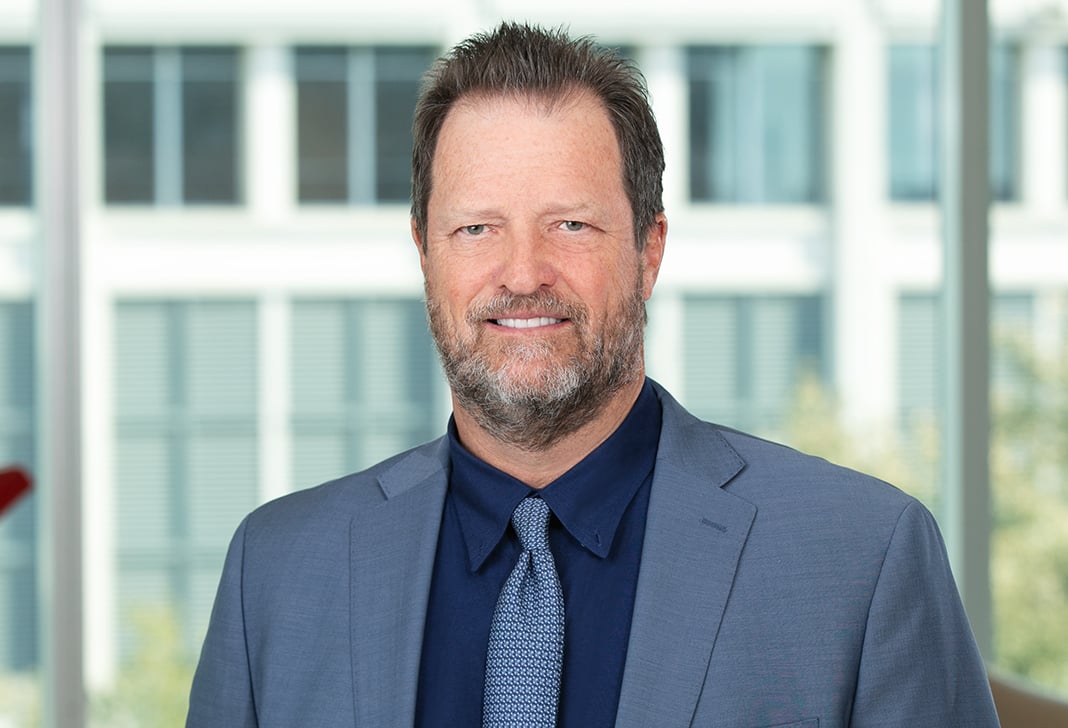
ITC Clarifies Standards for Demonstrating Economic Prong of Domestic Industry Requirements
In its December 18, 2015, decision in In re Certain Wireless Standard Compliant Electronic Devices, Including Communication Devices and Tablet Computers, Inv. No. 337-TA-953 (public version December 30, 2015), the U.S. International Trade Commission ("ITC") raised the bar for satisfying the economic prong of domestic industry in cases where the asserted patents cover only a component of a larger product.
Statutory Framework
The ITC has jurisdiction over only cases involving "industr[ies] in the United States, relating to the articles protected by the patent, copyright, trademark, mask work, or design concerned, exists or is in the process of being established." Section 337(a)(2). This requirement is met only if there is "(A) significant investment in plant and equipment; (B) significant employment of labor or capital; or (C) substantial investment in its exploitation, including engineering, research and development, or licensing." Section 337(a)(3).
The Case
At the ITC, the complainant, Ericsson, moved for a summary determination that it met the economic prong of the domestic industry requirements for its telecommunication patents. Ericsson alleged it met the economic prong of the domestic industry requirement because Samsung produced telephones under a portfolio license from Ericsson. Ericsson's motion was denied because, according to the ITC, Ericsson failed to show a nexus between its patents and the domestic industry. Administrative Law Judge Lord explained that the general rule is that the ITC assesses only activities "with respect to the [asserted] patent," and only in "exceptional situations" will it consider "downstream article[s] of commerce" that incorporate a patented article. Op. at 8 (citing earlier cases). According to the ITC, although Ericsson identified particular Samsung telephones, Ericsson never "establish[ed] how the telephones practice the asserted patents," let alone "whether this would be an appropriate case in which to extend the concept of domestic industry to cover more than the technology to which Ericsson holds a patent, i.e., some portion of Samsung's phone or even the entire device." Op. at 9. Because Ericsson failed to provide evidence that the downstream products are central to enabling the patentee to exploit the technology described in the patents, the ITC denied summary determination.
The case settled soon after the ITC's decision. See Joint Motion to Terminate the Investigation on the Basis of Settlement Agreement (Dec. 29, 2015).
Key Takeaway
The ITC's nexus requirement places the burden on complainants to show a domestic industry by tying domestic expenditures to the patented technology. A complainant relying on the exceptional situation of investment in a downstream product as part of the domestic industry showing may present market evidence to demonstrate that the downstream product is part of exploiting the patented technology. The ITC's decision here suggests that this evidentiary showing linking exploitation of the patent to the downstream product will be examined closely.
Lawyer Contacts
For further information, please contact your principal Firm representative or one of the lawyers listed below. General email messages may be sent using our "Contact Us" form, which can be found at www.jonesday.com/contactus/.
Blaney Harper
Washington
+1.202.879.7623
bharper@jonesday.com
Vishal V. Khatri
Washington
+1.202.879.3607
vkhatri@jonesday.com
Daniel Kazhdan
Washington
+1.202.879.5435
dkazhdan@jonesday.com
Richard Fieman in the Washington Office assisted in the preparation of this Alert.
Jones Day publications should not be construed as legal advice on any specific facts or circumstances. The contents are intended for general information purposes only and may not be quoted or referred to in any other publication or proceeding without the prior written consent of the Firm, to be given or withheld at our discretion. To request reprint permission for any of our publications, please use our "Contact Us" form, which can be found on our website at www.jonesday.com. The mailing of this publication is not intended to create, and receipt of it does not constitute, an attorney-client relationship. The views set forth herein are the personal views of the authors and do not necessarily reflect those of the Firm.



